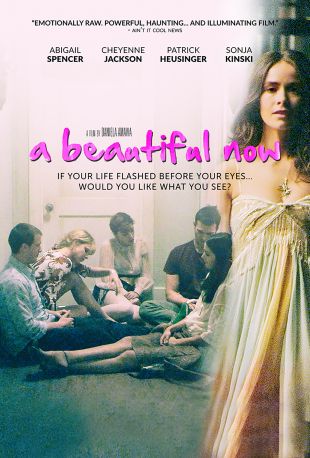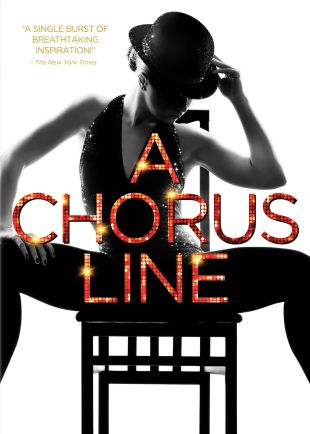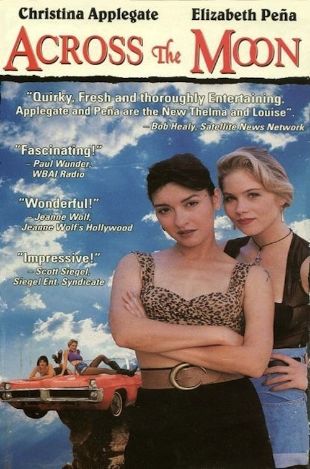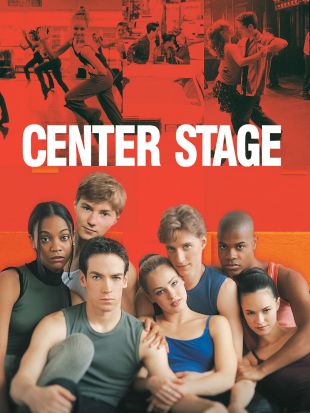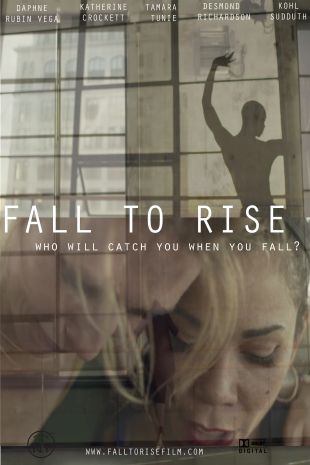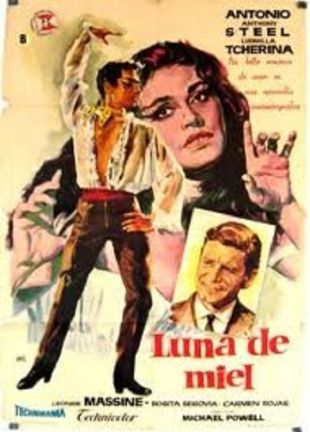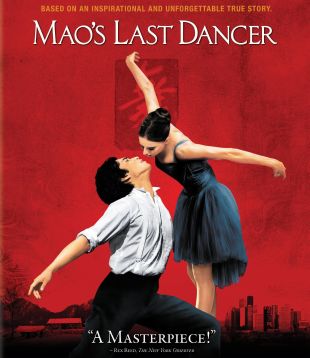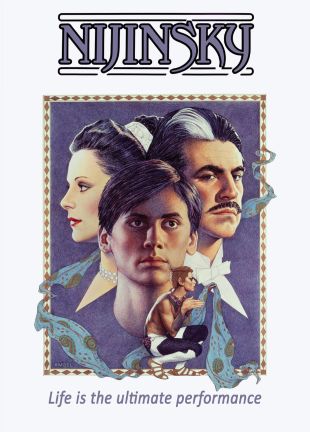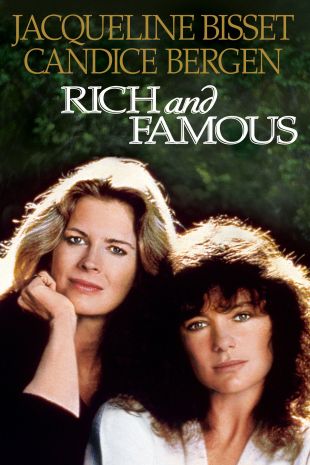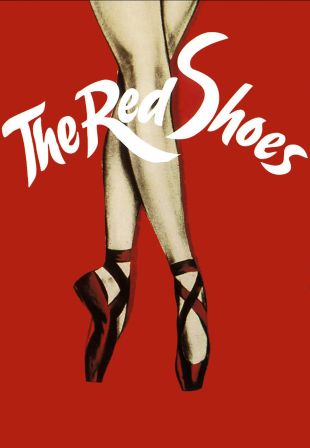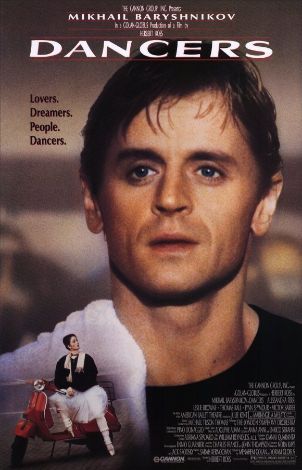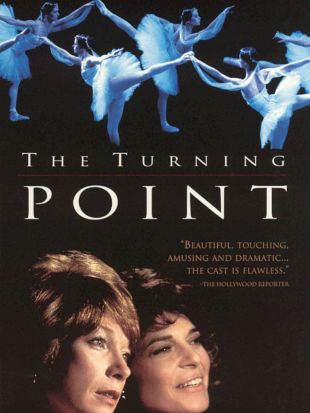
The Turning Point (1976)
Directed by Herbert Ross
Genres - Drama, Romance, Theater |
Sub-Genres - Reunion Films |
Release Date - Nov 14, 1977 (USA - Limited), Nov 18, 1977 (USA) |
Run Time - 119 min. |
Countries - United States |
MPAA Rating - PG
Share on
Synopsis by Lucia Bozzola
One of a cycle of '70s post-Women's Liberation "women's pictures," Herbert Ross's drama uses the ballet world to examine the conflict between family and career. Former dance colleagues Deedee (Shirley MacLaine) and Emma (Anne Bancroft) are reunited when Emma's New York ballet company stops in Oklahoma City for a performance. Having dropped her career for marriage and motherhood, Deedee envies prima ballerina Emma's limelight life; aging Emma, realizing that her days as a star are numbered, wishes that she had the fulfillment of a family like Deedee's. Tensions simmer when Deedee's talented teenage daughter, Emilia (Leslie Browne), moves to New York to join Emma's company. As Emma maternally bonds with Emilia, and Emilia falls in love with womanizing dancer Yuri (Mikhail Baryshnikov), Deedee feels that she's losing her place even as a mother. After Emilia's triumphant debut, Deedee's and Emma's resentments boil over into an all-out catfight that ends when they realize they can unite in happiness for Emilia's future. Splitting the desires to nest and to work between two characters, Ross and writer Arthur Laurents reveal the difficulty faced by women in a world of expanding options. As in Michael Powell's and Emeric Pressburger's seminal ballet film The Red Shoes (1948), dancing and a personal life don't mix, even as the films display ballet's seductive power here in the gracefully integrated numbers by dance stars Browne and Baryshnikov. Despite reservations about its melodramatic aspects, The Turning Point earned box-office success and eleven Oscar nominations (but no wins). Even if its wife/work struggle seems a bit old-fashioned, Deedee's and Emma's final bond suggests that the next generation may not have the same regrets.
Characteristics
Moods
Keywords
ballet-dance, mother, daughter, ambition, conflict, rival, mid-life-crisis
